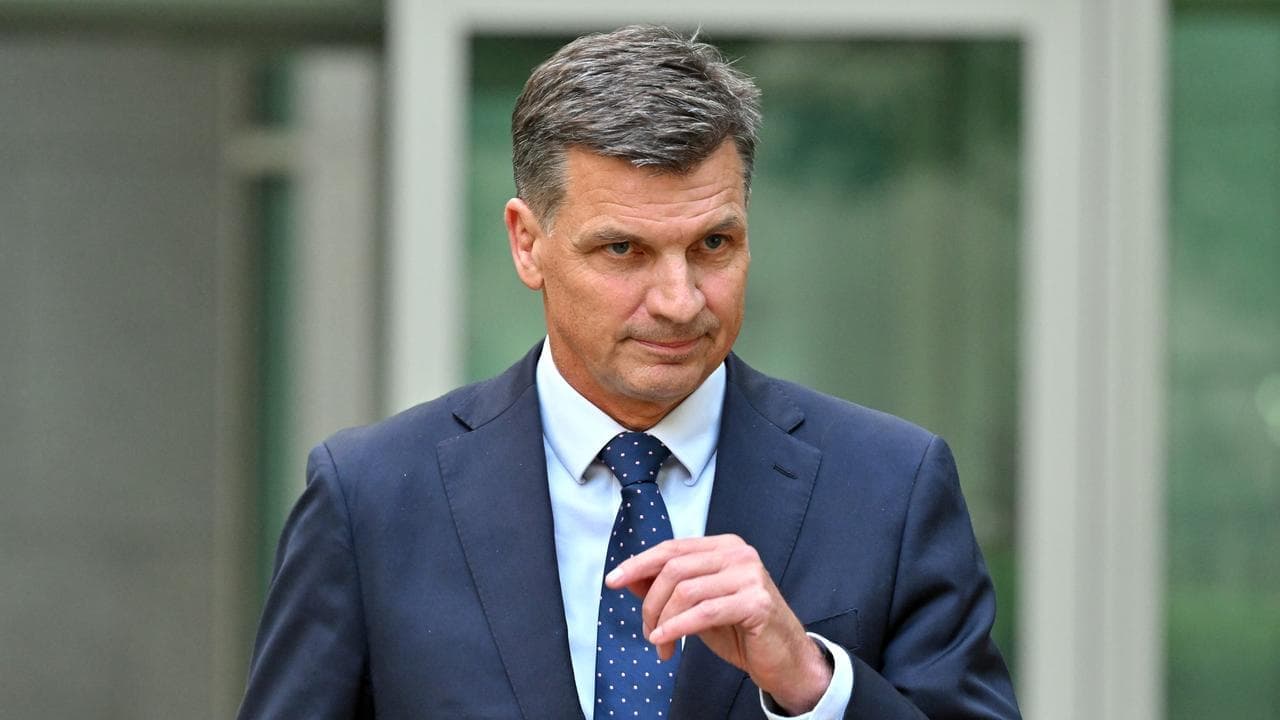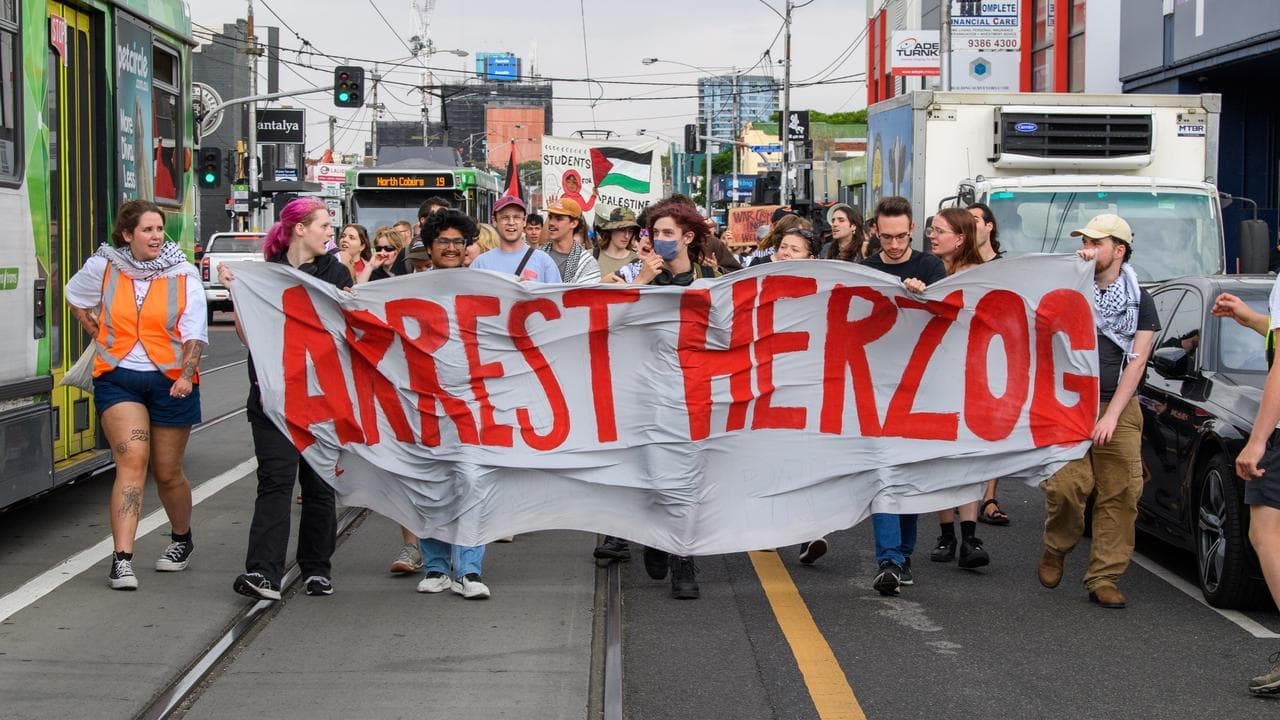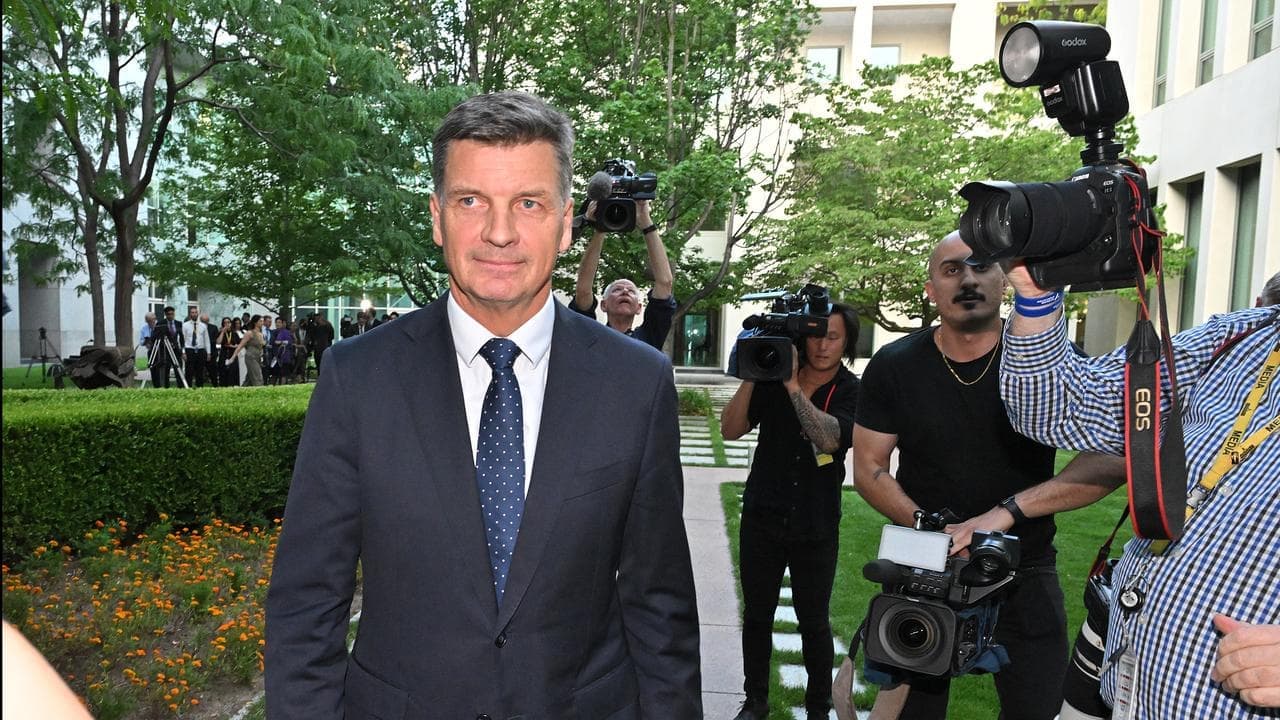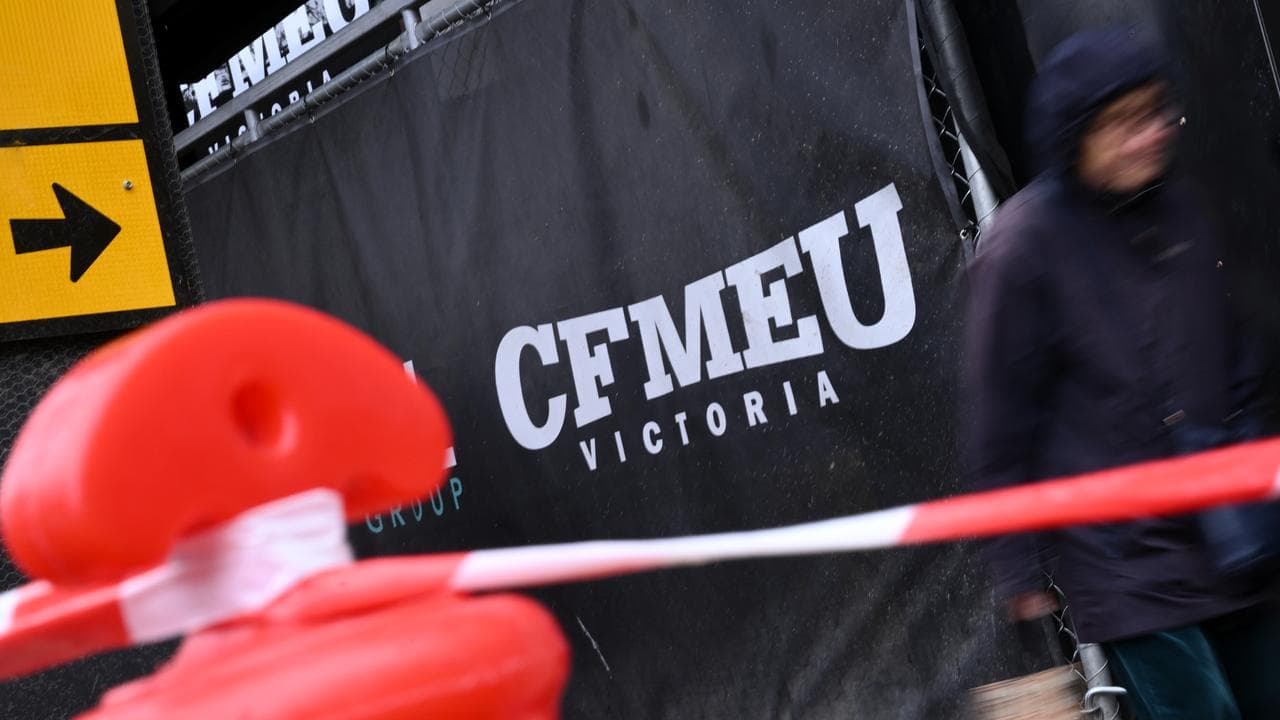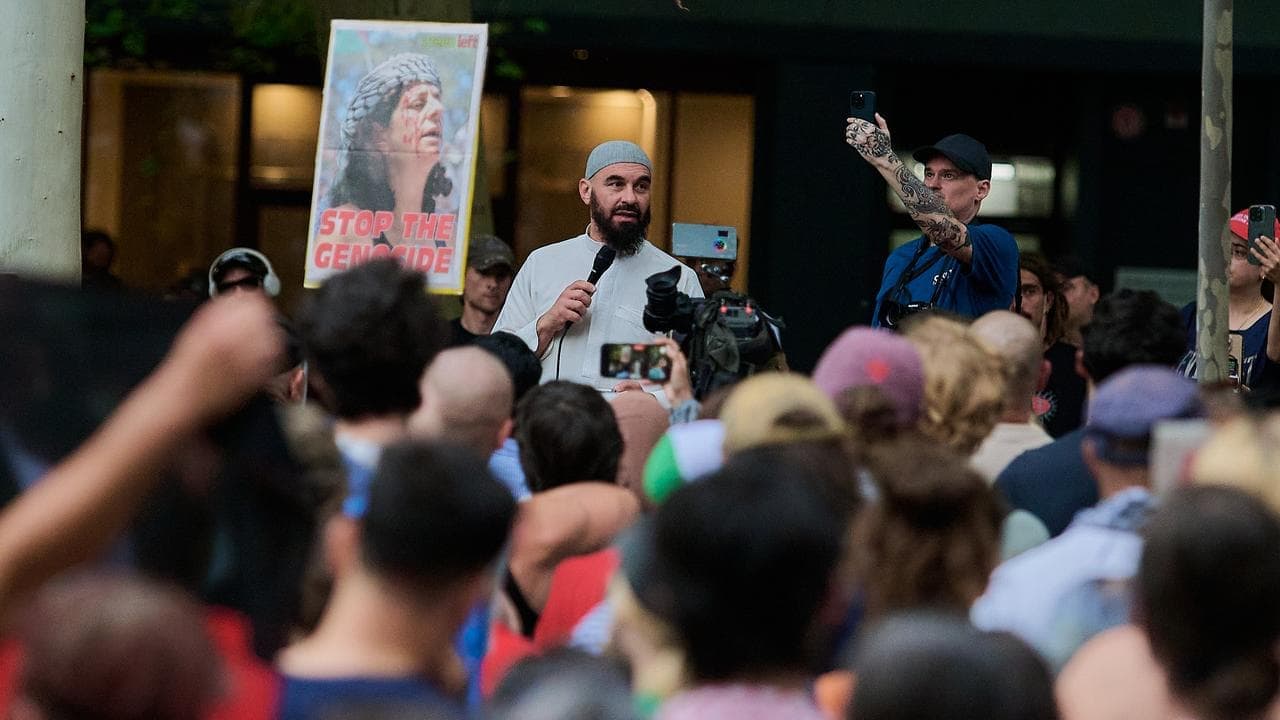AAP FactCheck Investigation: Is the Australian minimum wage one of the highest in the world?
The Statement
“Australia already has one of the highest minimum wages in the world.”
Australian Chamber of Commerce and Industry chief executive James Pearson.
May 30, 2019.
The Verdict
Mostly True - Mostly accurate, but there is a minor error or problem.
The Analysis
On May 30, the Fair Work Commission lifted the minimum wage by three per cent or 56 cents per hour from $18.93 to $19.49. The rise will benefit about 2.2 million workers engaged in industries including hospitality, retail, aged care, cleaning and security. [1]
The Australian Chamber of Commerce and Industry (ACCI) estimated the rise would cost employers an additional $3.1 billion. ACCI CEO James Pearson warned Australia already had one of the highest minimum wages in the world and continuously increasing the minimum wage by significantly more than inflation would risk jobs and small business. He said it was the third increase in a row that was well in excess of inflation. [1]
AAP FactCheck examined Mr Pearson’s claim that Australia already has one of the highest minimum wages in the world.
According to the United Nations labour agency, the International Labour Organization (ILO), minimum wages were in force in 92 per cent of its 186 member countries in 2015. The Geneva-based ILO is responsible for pursuing labour rights and promoting social justice. [2]
Australia's new hourly minimum of $19.49 (euro 12.11) puts it above Luxembourg's euro 11.97 ($A19.28) as the leading minimum-wage, according to Germany’s Wirtschafts-und Sozialwissenschaftliches Institut (WSI). [3]
The WSI report measured data in euros for 37 countries including 22 EU member states and the eight developed economies of Argentina, Australia, Brazil, Japan, Korea, Canada, New Zealand and the US.
The WSI Minimum Wage report ranked France third 10.03 euros ($A16.15) followed by the Netherlands 9.91 euros ($A15.96), Ireland 9.8 euros ($A15.78), New Zealand 9.67 euros ($A15.57), Belgium 9.66 euros ($A15.56), Germany 9.19 euros ($A14.80), the UK 8.85 euros ($A14.25) with the US further down the list with a minimum hourly rate of 6.14 euros ($A9.89). [3]
Finland, Sweden, Denmark, Norway, Iceland, Austria, Switzerland and Italy were not included in the WSI report as these countries do not have a general minimum wage. The report stated these countries instead have a high-level collective bargaining system which enabled extensive minimum wage protection through collective agreements. For the most part, the report said these nations stipulate minimum pay rates above those set by statutory means in western Europe. For example in Austria, national trade unions and employer associations agreed an collective equivalent hourly rate of 10.35 euros ($A16.66). [3]
A 2017 OECD report comparing average wages across 32 countries, including the Nordic nations and Switzerland, rated Luxembourg as number one followed by Switzerland, Iceland, US, Netherlands, Denmark, Norway, Austria, Belgium and Australia at No.10. [4]
Based on the evidence AAP FactCheck concludes that Mr Pearson’s statement is true, however his claim is not definitive as comparable minimum-wage data for eight wealthy nations is not available.
The Verdict
Mostly True - Mostly accurate, but there is a minor error or problem.
The References
1. ‘Lower minimum wage increase this year’, by Megan Neil. The Canberra Times/AAP. May 30, 2019: https://www.canberratimes.com.au/story/6190129/lower-minimum-wage-increase-this-year/?cs=14231
2. ‘How many countries have a minimum wage?’. International Labour Organization:
https://www.ilo.org/global/topics/wages/minimum-wages/definition/WCMS_439073/lang--en/index.htm
3. ‘WSI Minimum Wage Report 2019’, by Thorsten Schulten and Luebker. Wirtschafts-und Sozialwissenschaftliches Institut (WSI). March 2019: https://www.boeckler.de/pdf/p_wsi_report_46e_2019.pdf
4. 'OECD Data. Average wages'. OECD. 2017: https://data.oecd.org/earnwage/average-wages.htm
* AAP FactCheck is accredited by the Poynter Institute's International Fact-Checking Network, which promotes best practice through a stringent and transparent Code of Principles. https://factcheck.aap.com.au/







